Keywords: Gas
There are more than 200 results, only the first 200 are displayed here.
-
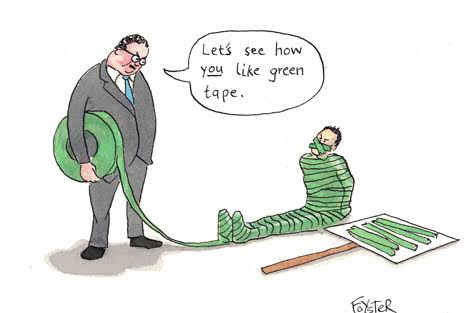
ENVIRONMENT
- Greg Foyster
- 01 July 2016
13 Comments
By the time polls close Saturday, tens of thousands of voters in marginal seats will have received 'election scorecards' from environment groups. Almost all will rate the Liberal Party worse than Labor or the Greens on a range of issues, from protecting the Great Barrier Reef to encouraging investment in clean energy. Privately, some Liberal candidates will be seething - and, if the Coalition wins, they'll have the means for brutal revenge.
READ MORE 
-
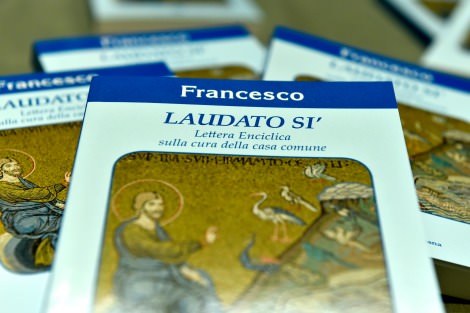
ENVIRONMENT
- Neil Ormerod
- 22 June 2016
23 Comments
It is now 12 months since Pope Francis issued his environmental encyclical Laudato Si'. He opined, 'Although the post-industrial period may well be remembered as one of the most irresponsible in history, nonetheless there is reason to hope that humanity at the dawn of the 21st century will be remembered for having generously shouldered its grave responsibilities.' Where are the Australian politicians who can give hope to the coming generation by focusing our attention on this most urgent issue?
READ MORE 
-
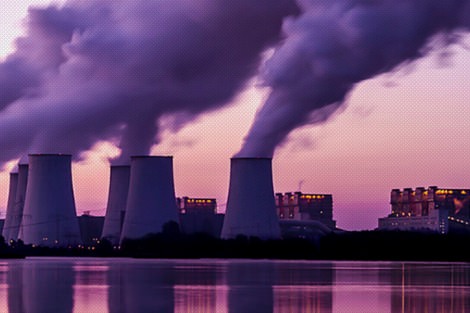
ENVIRONMENT
- Thea Ormerod
- 21 June 2016
4 Comments
An accelerating number of institutions and individuals are moving their money out of planet-heating fossil fuels and into climate solutions. The total assets guided by some form of divestment policy was $3.4 trillion at 2 December last year, 50 times more than what was up for divestment 12 months earlier. It sounds like a lot, but it's a small amount compared to the $100 trillion-plus invested in the usual way. That's our money, in banks and super funds, managed funds and insurance companies.
READ MORE 
-
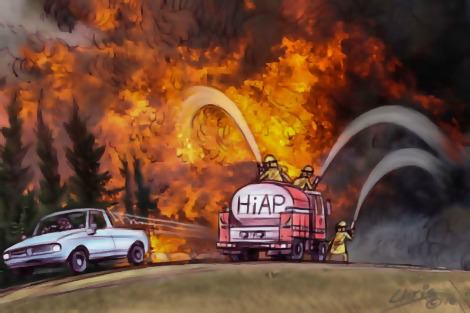
AUSTRALIA
- Melissa Sweet
- 14 June 2016
6 Comments
When politicians and journalists speak about 'health' in an election context, they invariably are referring to healthcare, and usually hospitals at that. However, the health of individuals and communities is the result of many factors, of which access to healthcare is just one determinant. Climate change - the defining issue for public health this century, according to the World Health Organization's outgoing director general Dr Margaret Chan - barely figures in election health debate.
READ MORE 
-
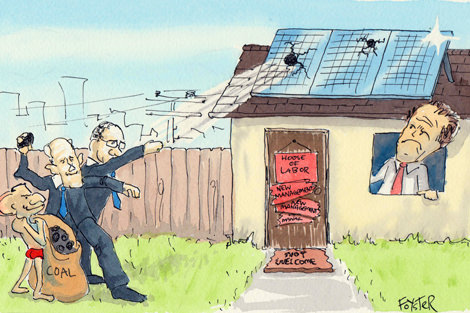
ENVIRONMENT
It was as if Australian politics had regressed four years overnight. No sooner had Labor released its new climate change plan than the Coalition was resuscitating Tony Abbott's 'carbon tax' line. The Coalition's attempt to revive the defining debate of the 2013 federal election won't work. As other commentators have noted, Labor's plan has been carefully crafted to avoid the carbon tax sledge. More importantly, external factors have changed to make a scare campaign less potent.
READ MORE 
-
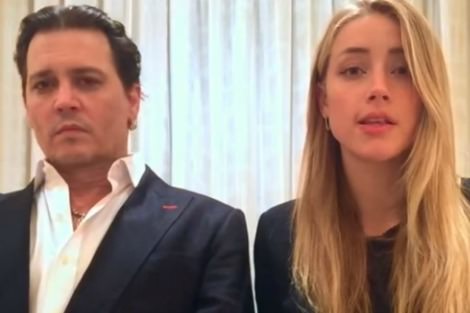
ENVIRONMENT
- Bronwyn Lay
- 21 April 2016
15 Comments
In the face of the increasing environmental destruction legally occurring within Australia's borders, chasing actors Johnny Depp and Amber Heard for bringing their undeclared dogs into Australia in breach of biosecurity laws comes across as a curated media stunt. Like everywhere in the world, Australian environmental law is at a crossroads. On one hand government regulations that permit violence against habitat increase, and on the other, legal challenges against this destruction rise.
READ MORE 
-
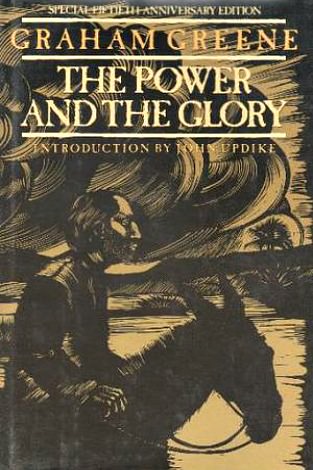
INTERNATIONAL
- Gillian Bouras
- 19 April 2016
10 Comments
Pope Francis recently visited the island of Lesbos, another scene of immigrants' dire suffering, and surprised the world by taking 12 refugees back to Rome with him. Bernie Sanders asserted that the Pope, in his gesture of hope, is surely the greatest demonstration against a surrender to despair. I am still partly persuaded by Graham Greene's view of despair as being the unforgivable sin, but I'm also giving some thought to the distressing matter of indifference.
READ MORE 
-
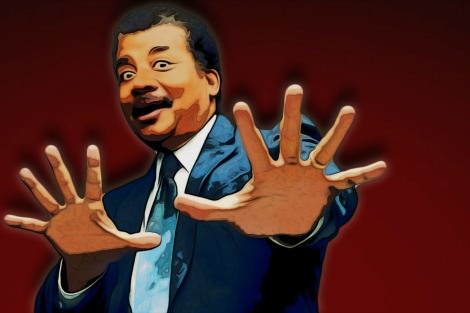
MEDIA
- Ketan Joshi
- 06 April 2016
7 Comments
When Alan Alda was 11, he threw a simple inquiry to his teacher. What's a flame? The response he received was less than satisfying. 'All I heard from the teacher was "it's oxidation". That didn't explain anything to me.' It's a neat illustration of a modern problem. Merely presenting over-simplified factoids is no longer sufficient in a world filled with phenomena like climate denial and the anti-vaccination lobby. For science to be communicated effectively, it needs to spark passion and excitement.
READ MORE 
-
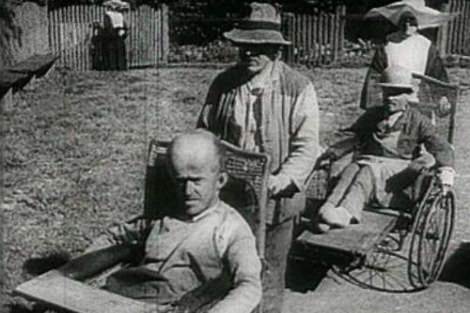
AUSTRALIA
- Justin Glyn
- 29 March 2016
9 Comments
People with disabilities have lived on society's margins since biblical times. In 1939, extending eugenics and sterilisation campaigns developed in the US in the early 20th century, Hitler authorised the vernichtung lebensunwerten Lebens ('the destruction of lives unworthy of life'). Unfortunately, not only has discrimination not been eradicated but those of us with disabilities, much like indigenous people, the poor, refugees and others with limited voice in society, continue to be seen as soft touches.
READ MORE 
-
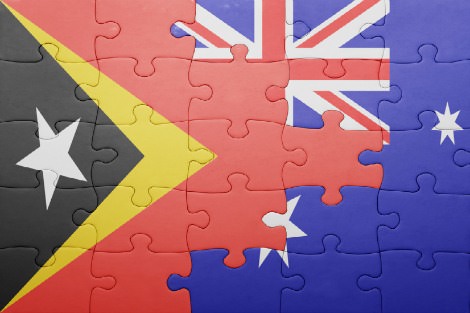
AUSTRALIA
- Frank Brennan
- 21 March 2016
10 Comments
Rui Maria de Araujo, the prime minister of Timor-Leste, wrote to Malcolm Turnbull inviting him to turn a new leaf in the Australia-Timor relationship. It was not to be. But the Timorese are well used to winning the hearts and minds of Australians even when our political leaders appear to be tone deaf to their pleas. This time they have convinced the Labor Party about the justice of their cause, and there is every chance that the Australian community will rally behind them after the federal election.
READ MORE 
-
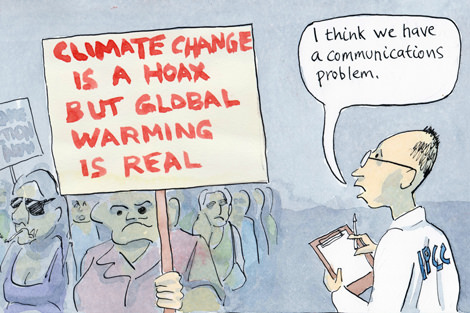
ENVIRONMENT
- Greg Foyster
- 11 March 2016
3 Comments
The best known examples of framing come from American cognitive linguist George Lakoff. He argues that George W. Bush replaced the phrase 'tax cuts' with 'tax relief' to reframe paying tax as an affliction. Embedded in those two words is a neo-conservative worldview against government intervention in the private sphere. If you accept the term, you absorb the worldview. In a similar way, a few words could build political will to tackle climate change. The problem is no one is sure what they are.
READ MORE 
-

ARTS AND CULTURE
- Tim Kroenert
- 03 March 2016
In the history of the Second World War and the deathly screed of the Final Solution, the Sonderkommando cuts a pitiable figure. These Jewish prisoners at Auschwitz and other death camps who were forced to perform the logistics surrounding mass murder - the carting and disposal of dead flesh - though patently victims, were viewed by some as collaborators. Son of Saul provides an immersive and impressionistic extrapolation of this ethical and actual horror.
READ MORE 